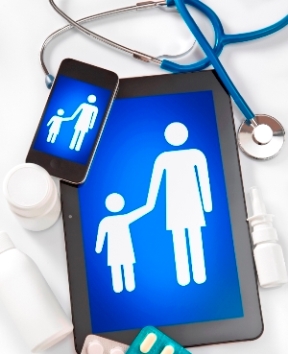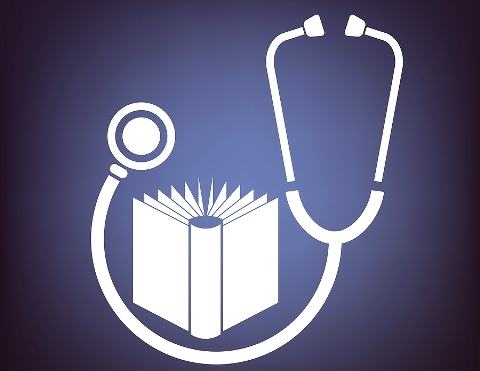New Delhi: August 3, 2023
Artificial intelligence (AI) has the potential to revolutionize healthcare in various ways. How will providers and patients benefit from the impact of AI-driven tools?
India faces significant healthcare challenges due to overpopulation, inadequate infrastructure, and a shortage of skilled health professionals, especially in remote areas. The integration of Artificial Intelligence (AI) and technology can indeed play a crucial role in addressing some of these challenges.
Here are a few ways in which AI can contribute to improving healthcare in India:
Diagnostic Assistance: AI-powered diagnostic tools can help bridge the gap in the shortage of skilled healthcare providers. Automated systems for medical image analysis can assist in diagnosing diseases, even in areas with limited access to specialized professionals.
Telemedicine: AI can enhance telemedicine services, enabling remote consultation and diagnosis. This is particularly beneficial for people in rural or underserved areas who may not have easy access to healthcare facilities.
Training and Support: AI can be utilized to provide training and support to healthcare workers in remote areas. Virtual training programs and AI-guided tools can help bridge the skill gap and improve the quality of healthcare delivery.
Automated Screening: AI algorithms can be employed for early detection of diseases, allowing for timely intervention and prevention. This is especially relevant in the context of conditions that may have a higher prevalence in certain regions.
Efficient Resource Allocation: AI can assist in optimizing the allocation of healthcare resources by analyzing data to identify areas with the highest needs. This can aid in the strategic deployment of medical personnel and facilities.
Remote Monitoring: AI-driven devices can facilitate remote monitoring of patients, enabling healthcare providers to track and manage chronic conditions without the need for frequent in-person visits.
While AI holds great promise in transforming healthcare, it’s essential to consider ethical and privacy aspects and ensure that the benefits reach all segments of the population. Collaborative efforts between the government, healthcare institutions, and technology providers can contribute to creating a more inclusive and accessible healthcare system in India.
Superbugs and AI based EHR
Antibiotic resistance is a global health concern, and addressing it requires innovative solutions. The use of AI, especially in conjunction with electronic health record (EHR) data, is a promising approach to combatting the spread of antibiotic-resistant infections.
Here’s how AI can contribute to this effort:
- Early Detection and Surveillance: AI algorithms analyzing EHR data can detect patterns indicative of antibiotic-resistant infections. By identifying these patterns early, healthcare providers can take preventive measures and initiate targeted interventions.
- Predictive Analytics: Machine learning models can predict the likelihood of antibiotic resistance based on historical data, patient information, and other relevant factors. This predictive capability enables healthcare professionals to anticipate and address potential issues before they escalate.
- Optimizing Antibiotic Prescriptions: AI can assist healthcare providers in prescribing antibiotics more judiciously. By analyzing patient data and considering local resistance patterns, AI tools can recommend the most effective antibiotics while minimizing the risk of contributing to resistance.
- Infection Control in Hospitals: AI-powered analytics can enhance infection control measures within hospitals. By monitoring and analyzing data, AI can help identify and isolate cases of antibiotic-resistant infections, preventing their spread within healthcare facilities.
- Public Health Surveillance: AI can contribute to broader public health efforts by analyzing population-level data to track the emergence and spread of antibiotic resistance. This information can guide public health strategies and interventions.
- Alert Systems: AI-driven alert systems can notify healthcare providers in real-time when there’s a potential risk of antibiotic-resistant infections. This enables faster response and more effective containment measures.
The integration of AI in healthcare, particularly in the context of antibiotic resistance, demonstrates the potential to improve patient outcomes, enhance public health, and contribute to the global effort to address antimicrobial resistance. It’s crucial to continue developing and implementing such technologies to stay ahead of the evolving challenges posed by infectious diseases.








